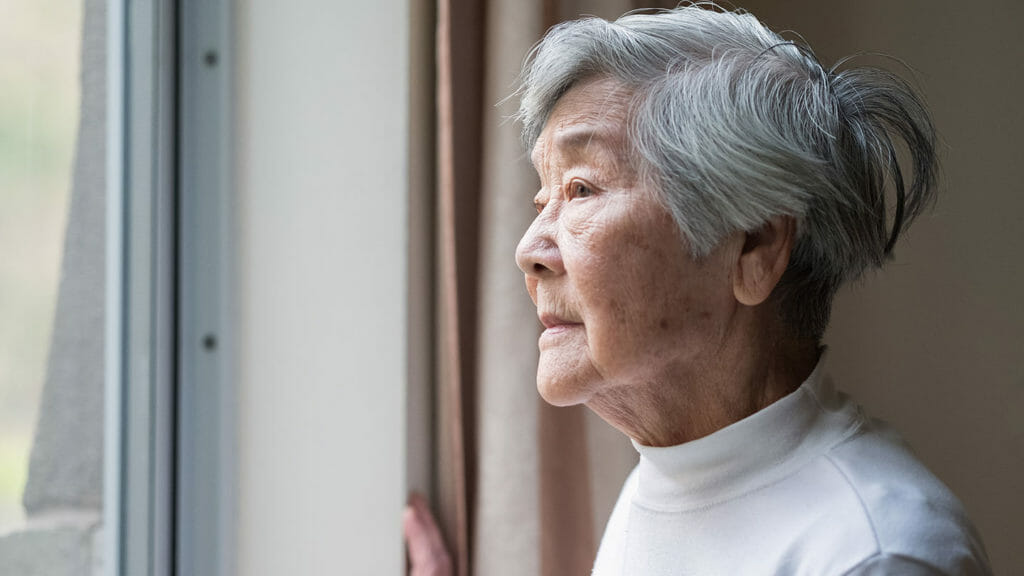
Americans who are between 45 and 65 are generally lonelier than people the same age who live in Europe, a recent study found. The study has important insights, as researchers are only starting to find out how much loneliness can affect health — especially as people get older.
The report was published in March in the journal American Psychologist.
Even though Americans were lonelier, it wasn’t by much, the authors reported. The study utilized data from more than 53,000 middle-aged adults from the United States and 13 European nations between 2002 and 2020. The investigators tracked changes in their reported levels of loneliness every two years between age 45 and 65. The people spanned the “silent generation” born between 1937 and 1945, baby boomers born from 1946 to 1964 and those in Generation X born between 1965 and 1974.
“Our study makes clear that middle-aged Americans today are experiencing more loneliness than their peers in European nations,” Frank J. Infurna, PhD, one of the researchers who is an associate professor of psychology at Arizona State University wrote in a recent article in The Conversation. “This coincides with existing evidence that mortality rates are rising for working-age adults in the US.”
After the 2007-2009 recession, middle-aged adults in the US said they had poorer physical and mental health compared to their peers in the 1990s, the authors pointed out.
“Compared to several European nations, US middle-aged adults currently report more depressive symptoms and higher rates of chronic illness, pain and disability,” Infurna wrote.
Though the study didn’t pinpoint what factors are playing into this increased loneliness specifically, Infurna said he hopes to find out in future research.
Loneliness is considered a global public health issue; in 2023, the US surgeon general published a report encouraging people to form strong social connections in order to prevent health ailments that can arise from it.
More recently, research has tied loneliness to frailty, and increased risk for living in long-term care. A report out last month named social isolation as a contributing factor for depression and suicide among older adults.




